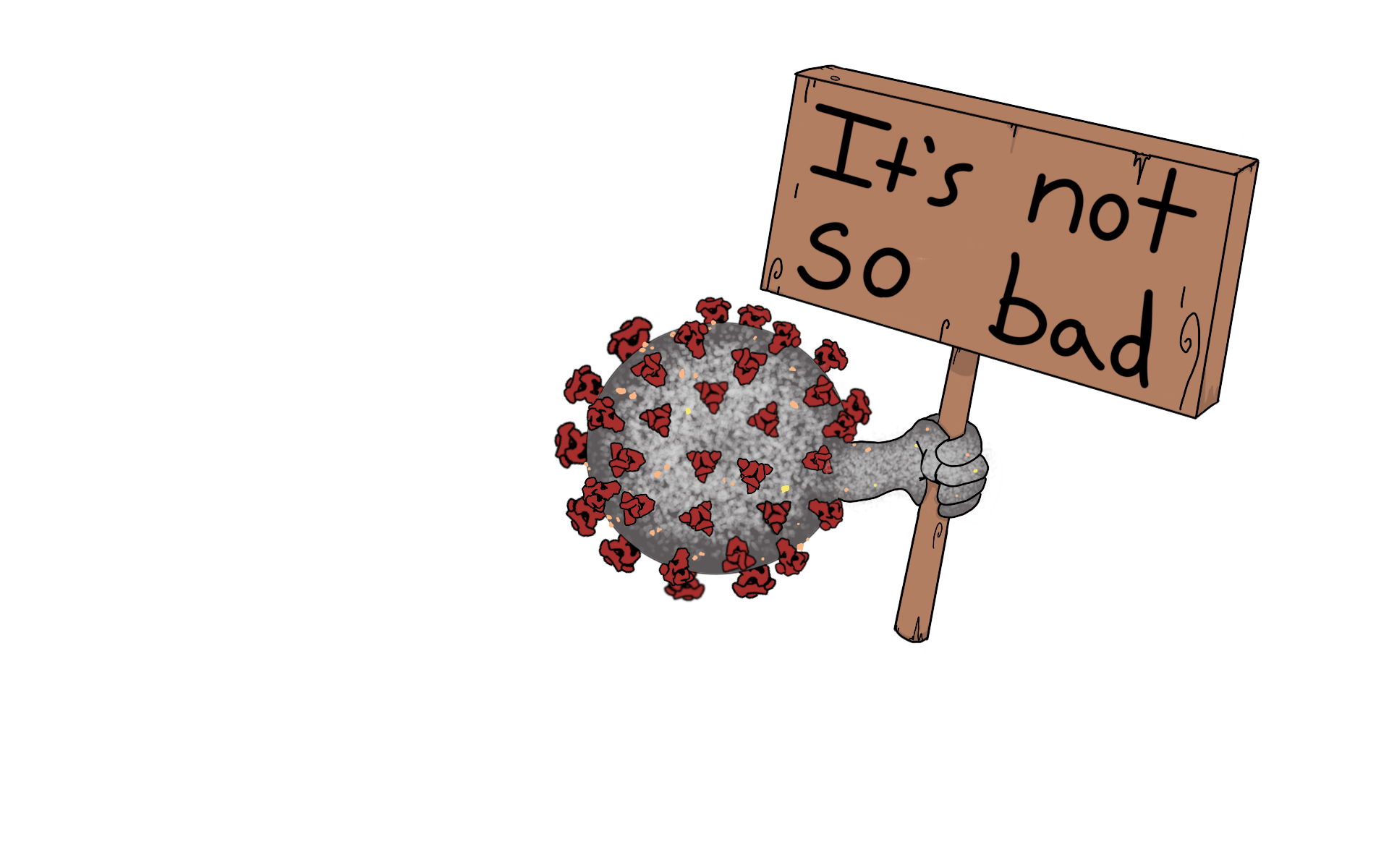By: Yesenia Flores, Staff Reporter
In the past, women were largely left out of the history books, their essential role either downplayed or overlooked or not mentioned at all.
Now, their history and contributions to society will be honored at CSUDH with the creation of the school’s newest department: Women’s Studies, which is launching a bachelor’s degree in the spring of 2020.
Formerly offered only as a 15-credit minor in the College of Arts and Humanities, the 39-unit major will continue to emphasize the experiences of women and their representation on a world scale. However, the major will also focus on other genders, such as transgender women and those who identify as non-binary.
But despite the name of the major, Jenn Brandt, an associate professor who will chair the department next semester, said a women’s studies major, or any class in the department, can benefit all students.
“Women’s Studies as an academic field can be of benefit to anyone personally or professionally,” Brandt said.
One reason for that, Brandt said, is the prominent role that gender as a social construct plays in today’s society. A better understanding of gender can have a huge bearing on job performance, as well as contribute to a more well-rounded perspective on many contemporary issues.
“All the things you hear about in the news that are such hot topics: immigration, the economy, and politics, so much of that, whether we realize it or not, has a lot to do with our perception of gender and how we understand the world in terms of gender,” Brandt said.
Sergio Apodaca, a soon-to-be transfer, currently a student at Long Beach City College who is transferring to CSUDH in Spring 2020, student from Long Beach City College, said Women’s Studies would definitely benefit his goal of becoming a history professor because it would give him a broader understanding of what women endured through a different perspective than that which was taught in grade school.
“I was going to transfer to CSUF for their gender studies major but now that CSUDH is offering Women’s Studies as a major, I’m going there…and it works out because it’s closer to home,” Apodaca said.
Women’s studies, stemmed from the same crucible of activism in the late 1960s that forced college campuses to begin changing their curriculum to reflect the growing diversity of their students, including Africana studies, Chicano/a studies and Native American Studies. The first women’s studies program, offered 11 classes, and was formed at San Diego State in 1970 becoming the first women’s studies department in 1975.
According to the website of the University of Maryland, there are now more than 900 universities world-wide offering women’s/gender/feminist studies programs, departments or research center, including 12 CSUs.
The CSUDH major will bring a new tenure faculty member to campus, and offer several new courses such as Gender, Sex, the Body, & Politics, and Feminist Principles.
Earlier this year, a bill was proposed in the California State Assembly that would make an ethnic studies course a graduation requirement at all CSU’s.
While some have questioned whether that might adversely affect the number of students who take a women’s studies class in favor of one that reflects their cultural heritage, Brandt said the requirement would actually support and enhance the work already being done in existing departments and CSUDH’s new department.
“Women’s Studies, particularly here at CSUDH, is an intersectional field that considers the ways race and ethnicity impact gender,” Brandt said.
According to the women’s studies page on the CSUDH website, the knowledge obtained from studying the discipline helps students assess where and how their expertise would best benefit themselves and society.
“In terms of a critical thinking standpoint of understanding what it means to look at structural problems in society around privilege and oppression, having a women’s studies degree is going to prepare you to challenge those kinds of problems, tackle them and hopefully, solve.” Brandt said.


